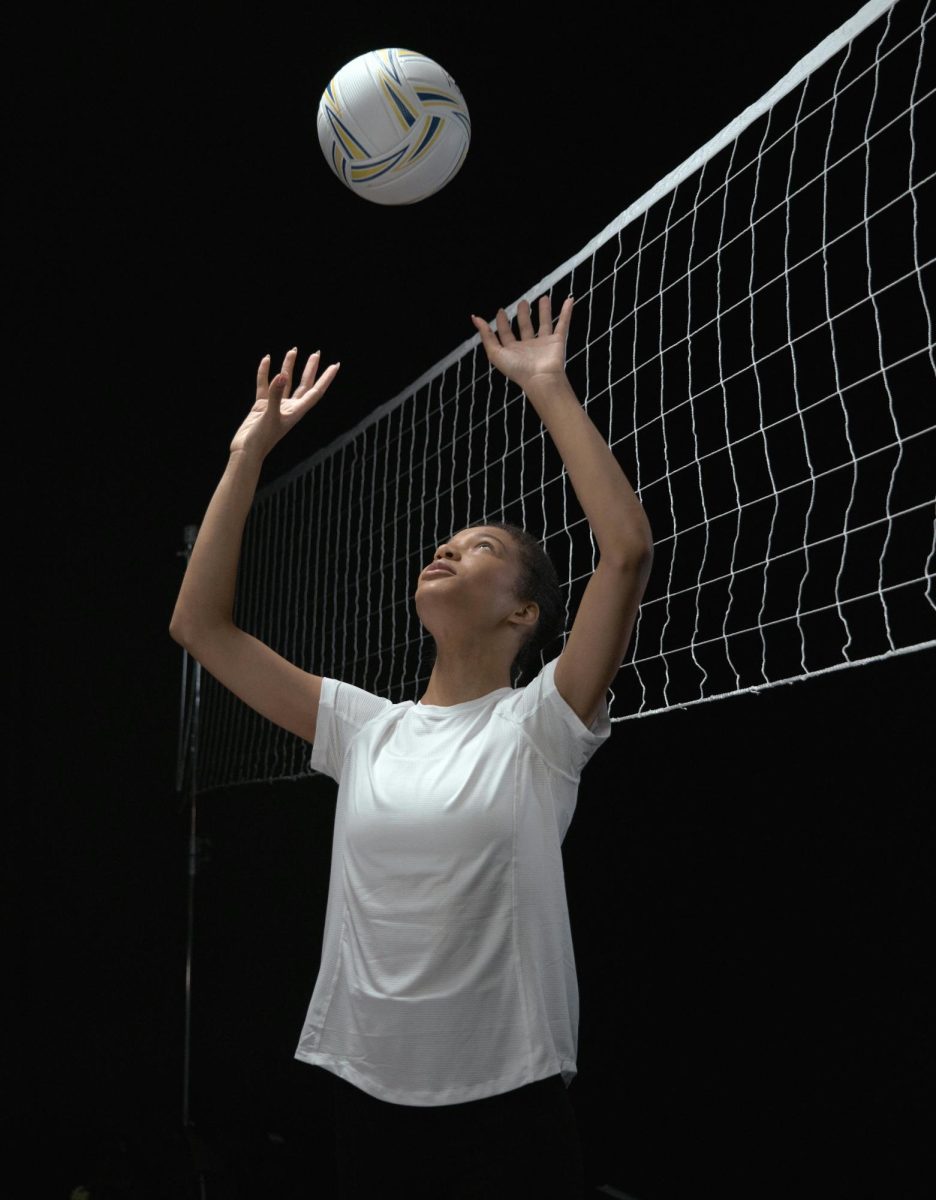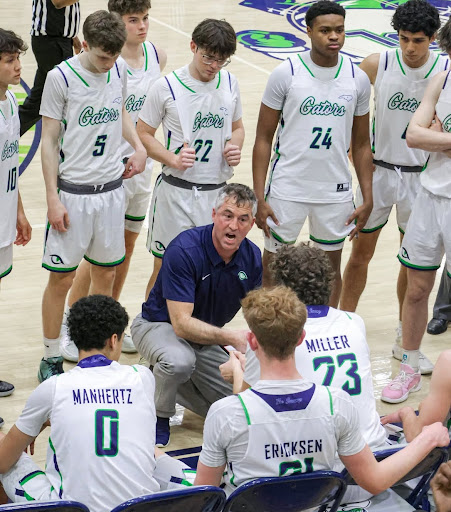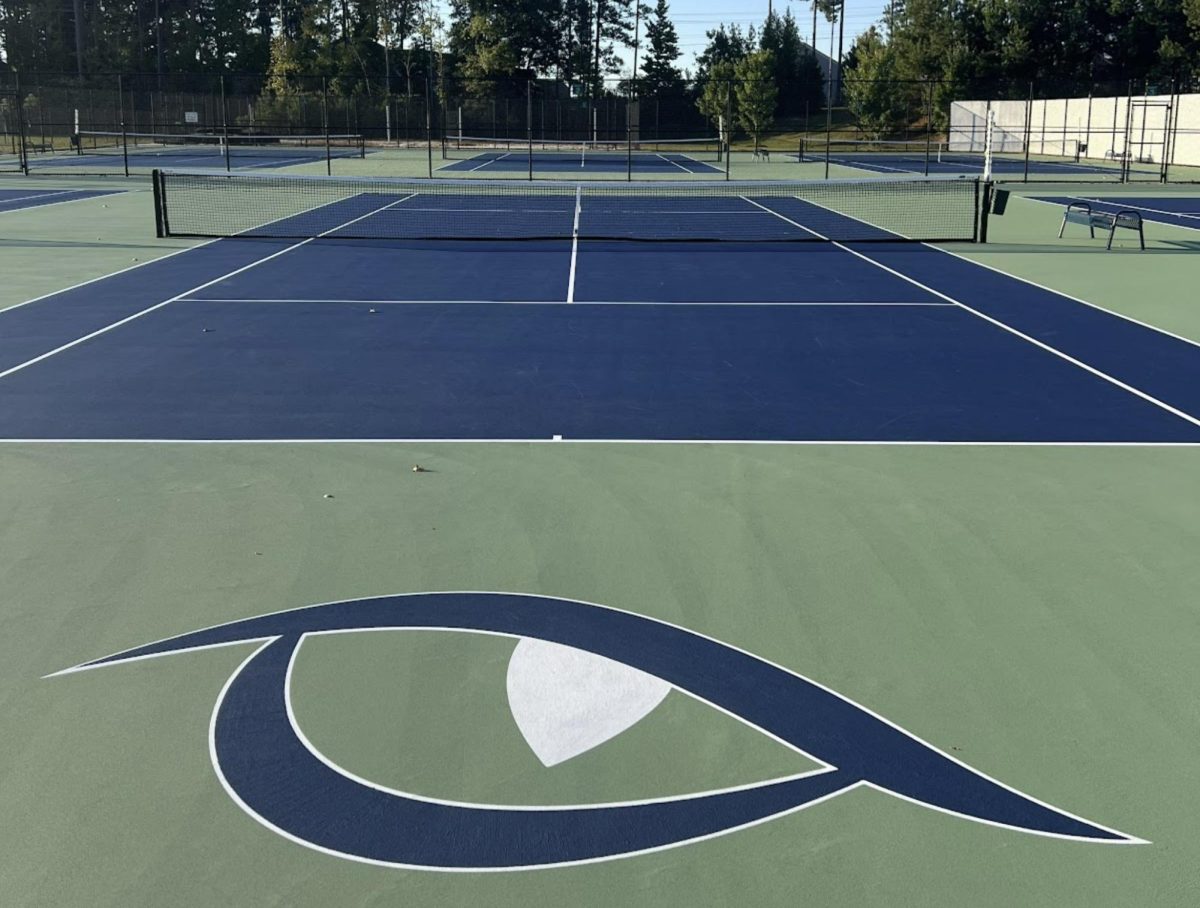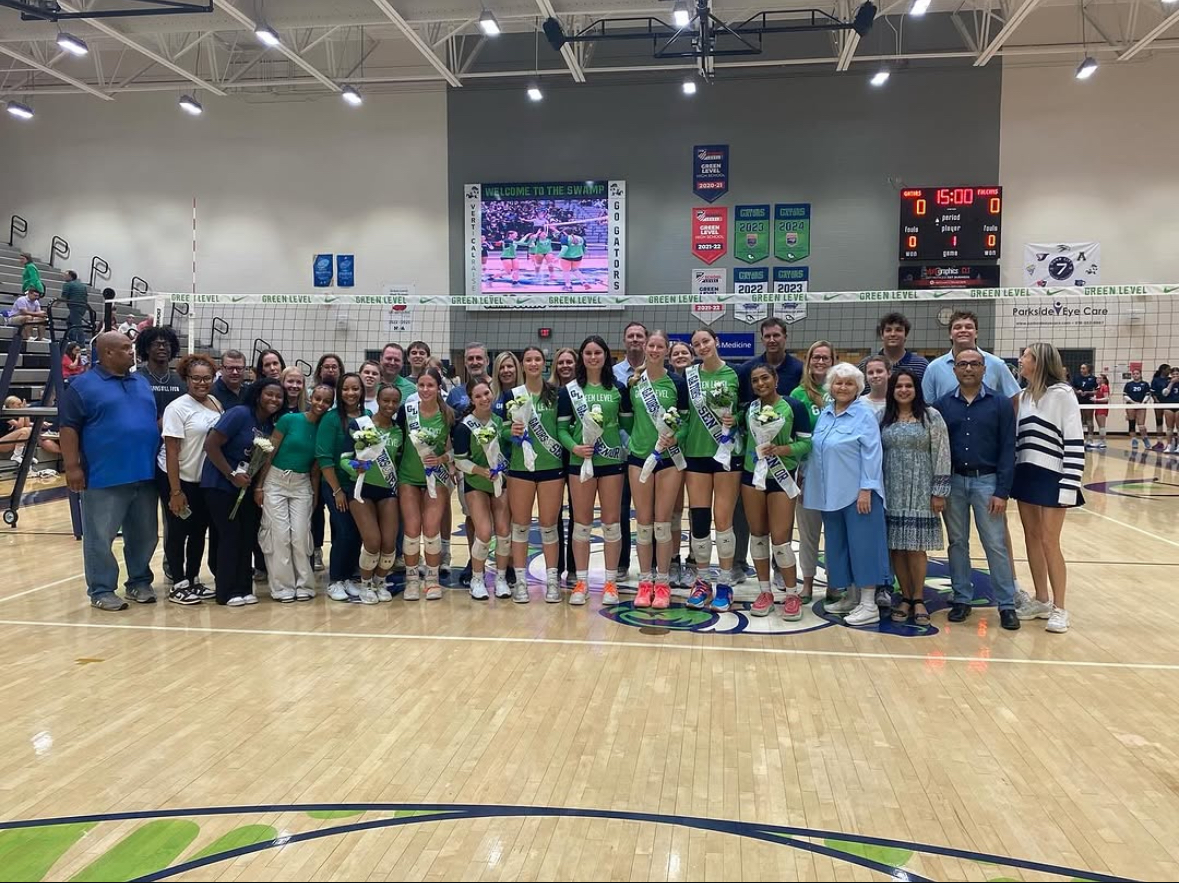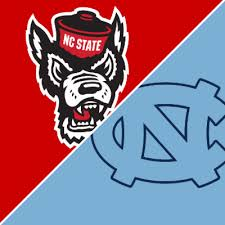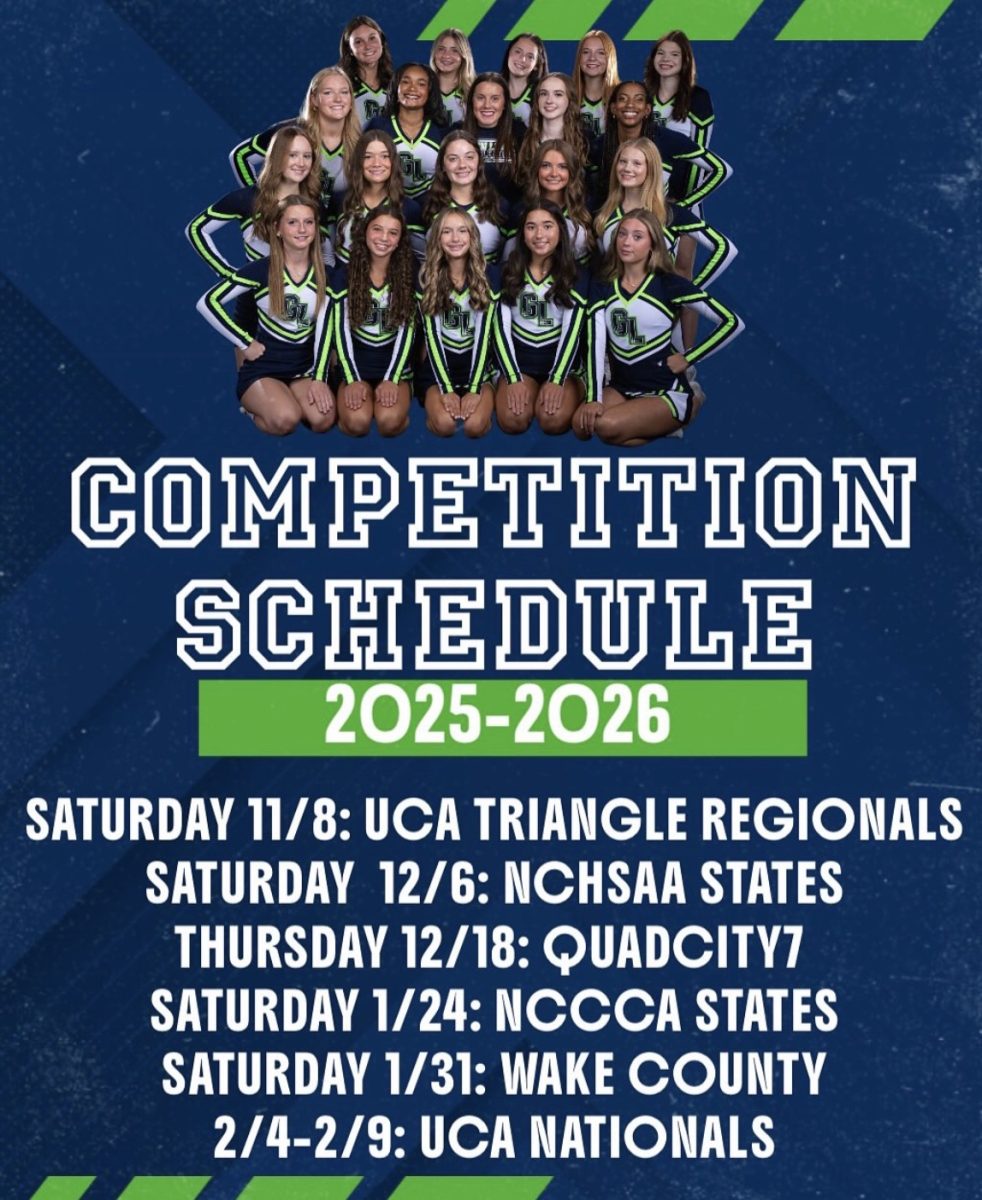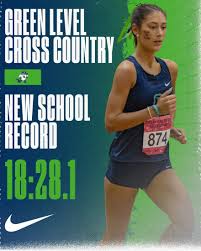After the NCAA announced the new double contact rule, conversations are being had and controversies are coming up. This rule will change the play dynamics and strategies for volleyball across the country.
While previously, the double contact rule in volleyball prohibited a player from touching the ball more than once consecutively, the updated rule allows two consecutive contacts with any body part, as long as they occur in a continuous motion. The common question has become, how will this change things for players and coaches? It will most closely affect players who will be challenged to improvise with new passes. Teams will be required to anticipate any kind of play and keep a strong defense. This means games will become more unpredictable for players, coaches, and spectators. As far as coaching, many coaches will begin to focus on agility and full body control. This rule requires players to be attentive and engage their spatial awareness. Drills will most likely focus on stimulating game like conditions that implement this new rule.
Some other smaller rule changes include, allowing snug fitting nose rings and ear cuffs, requiring protests to be solved during matches, interference above the net in video review, and referees having the ability to give teams a red card if fans are acting unruly and administration is not handling it.
As a community, volleyball referees, players, coaches, and fans have expressed their opinions on this rule. Conversations have emerged on social media that attempt to clarify the expectations of this rule. Once the NCAA volleyball season begins, everyone will be keeping an eye out on new tactics among teams.
As exciting as this new rule is, some athletes have expressed dismay, arguing that they have to completely change their training. Some older athletes that are aging out are disappointed to miss out on the opportunity. Overall, the new rule will keep volleyball a relevant topic in the upcoming season and will bring lots of new innovation in the sport. As the sport begins its new chapter, we can expect a new level of creativity and competition.

